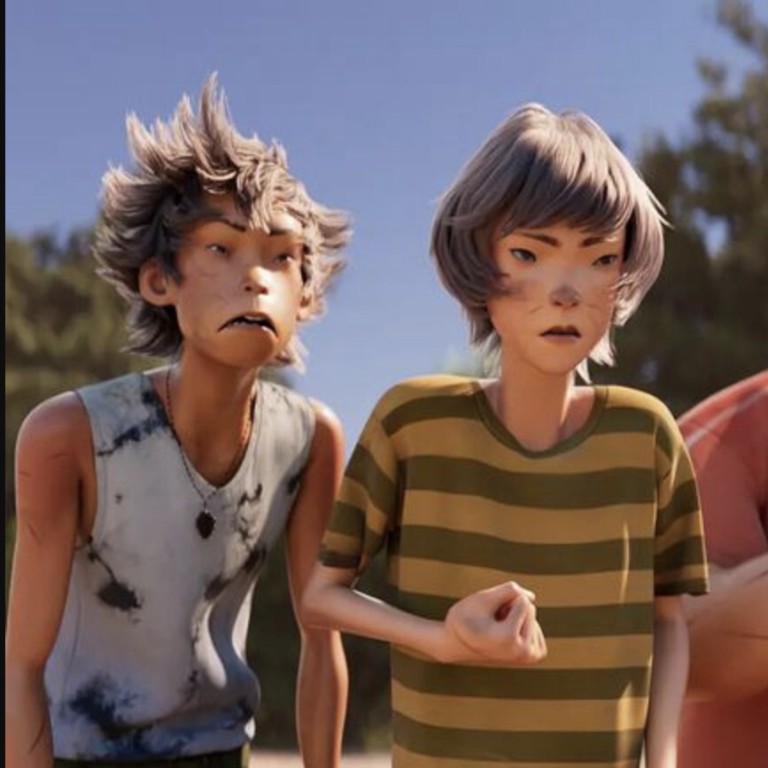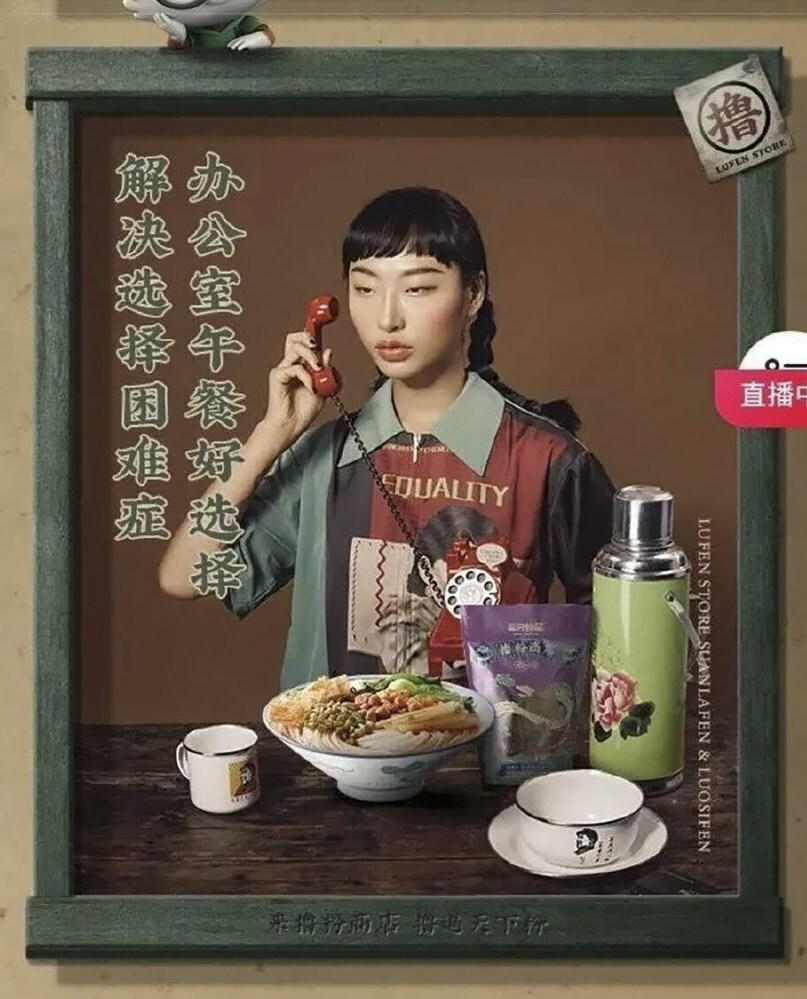
Bumpy ride for Chinese animated film highlights difficulty navigating ‘cultural self-confidence’
- A recent slew of advertising controversies has highlighted the dangers of tripping on cultural sensitivities in China
- But many people within the country are worried the rhetoric has become too sensitive, betraying a lack of self-confidence
The debate surrounding a recently released Chinese animated film has become yet another test case for the challenges businesses face when navigating the growing importance of nationalism in China.
The film, I Am What I Am, is a coming-of-age fantasy tale about three teenagers from southern China who learn life lessons through lion dancing, the Lunar New Year dance that is a tradition in parts of China. It was released in China on December 17, 2021.
Chinese state media has praised the film, and CCTV called it a movie that “expresses cultural self-confidence and promotes national spirit”.
Yet, despite the seal of approval from official channels, a boycott movement has emerged because the main characters’ eyes are small and slanted, which people said is catering to Western stereotypes about Chinese people.

That same month, Mercedes-Benz removed a video from Chinese social media that featured a model with similar facial features.
Professor Xu Bin, from Emory University’s Department of Sociology in the US said that these types of incidents “only demonstrate defensive reactions rather than self-assurance, a lack of tolerance rather than openness to outside criticisms, and the refusal to communicate rather than recognition of values of other cultures. On the other hand, I don’t think these incidents reflect all of the attitudes of Chinese people.”
President Xi Jinping has repeatedly cited the phrase “cultural self-confidence” to urge citizens to have faith in China’s political system and consolidate their confidence in traditional culture.
“China has strong confidence in the road it has taken, in its theories and system. This confidence is essentially the confidence in our culture that is built on the heritage of a 5,000-year-old civilisation,” he said in a speech to a group of visiting foreign politicians in 2015.

However, experts said the idea has recently risked losing its meaning in the general public thanks to frequent accusations of “insulting China” that go viral worldwide and sideline foreign cultures.
The South China Morning Post found that, when individuals and businesses act or speak inappropriately amid tighter online scrutiny, the phrase “insulting China” is periodically used by netizens, in government rhetoric and in state-media opinion columns touching on the given controversy.
Xu said if “confidence” is defined as “a feeling of self-assurance arising from one’s appreciation of one’s abilities or qualities”, then many Chinese involved in the recent controversies “do not show a clear sign of such a self-confidence”.
There has also been a push to reject holidays viewed as “Western”, with some schools and universities reportedly banning Christmas celebrations in the past few years. Western culture has also been downplayed in English classes in many public schools.
Xu said a “culturally confident” nation should appreciate its values and styles while being open to the diverse cultures inside and outside the country.
“This openness inevitably leads to an institutional tolerance and even encouragement of criticisms. As you can see, there is currently a significant gap between this ideal and the reality,” he added.

Professor Ding Junjie, from Asia Media Research Centre at the Communication University of China, said the country has recently experienced a prevailing “oversensitivity” that is far from the confidence encouraged in official discourse.
“It is fine to stay alert, but many people are being overly sensitive, which can be linked to a lack of confidence,” he said.
Commenting on the recent advertising controversies that some interpreted as vilifying China, Ding said, “I bet foreign businesses spent money on advertising to win the Chinese market, not to offend consumers of the market. Why did they make such advertising mistakes? I would say it was because they failed to grasp the consumers’ mentalities.
“I believe we should have more space for discussion and show more tolerance, instead of simply considering Chinese culture and Western culture as two contradictory things,” he added.
In the case of Three Squirrels, the model directly challenged the criticisms about her eyes, asking, “With small eyes, am I not Chinese?” before saying it had become a “morbid obsession” for some people in China to make mountains out of molehills.
The small-eye backlash apparently came as a surprise for the production team behind the film I Am What I Am.
Producer Zhang Miao told The Beijing News that the idea of giving the characters relatively small eyes was to break away from the “beauty standards of online influencers and filter aesthetics” and to try “to explore the aesthetic in animation from an angle of reality”.
Director of the film Sun Haipeng said: “The fact that people freaked out about the eyes shows that we have been homogenised in terms of our appreciation of beauty. We do not have self-confidence aesthetically.”

